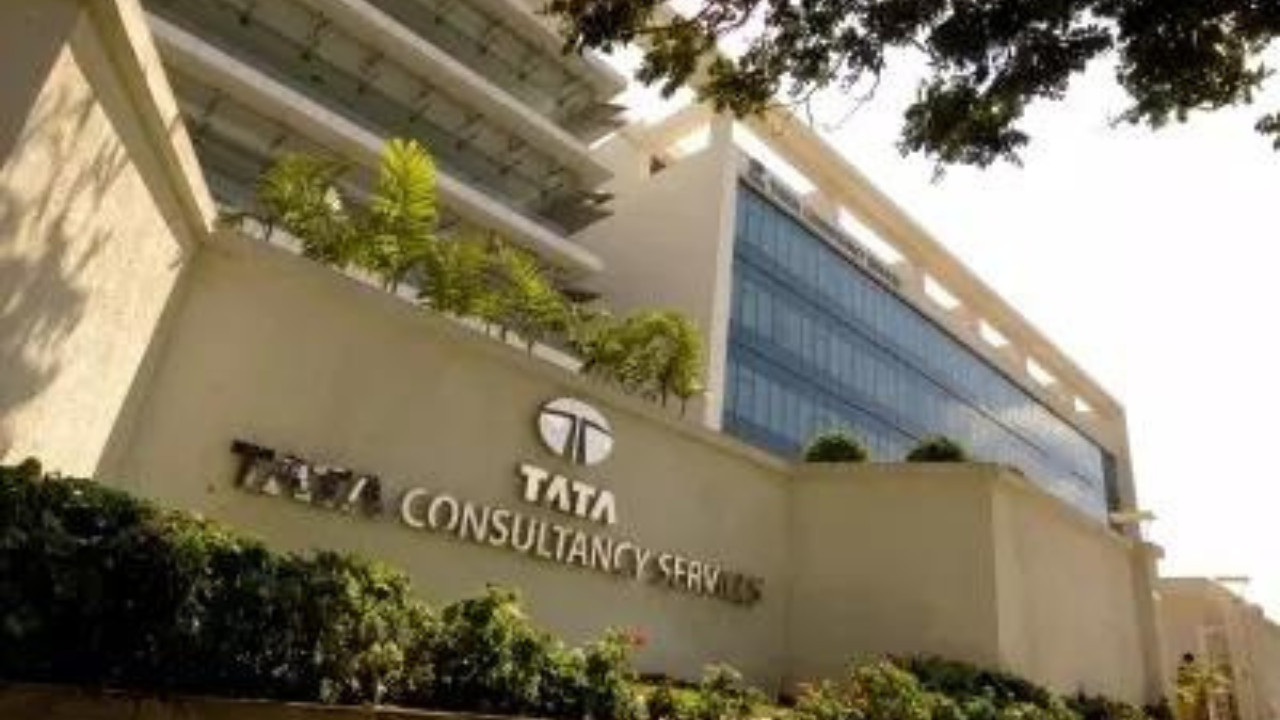India’s IT Ministry is closely monitoring TCS’s plan to reduce its workforce by over 12,000 employees, primarily impacting middle and senior management. This restructuring, representing two percent of TCS’s global staff, is part of a strategy to become a “future-ready organisation.
The Shifting Sands of Tech: Are TCS Layoffs a Sign of Things to Come?
The digital landscape is rarely still. Innovation surges, new skills become paramount, and sometimes, the tide pulls back, leaving some stranded. Whispers of significant workforce adjustments at Tata Consultancy Services (TCS) have been circulating, and while the company officially denies large-scale layoffs, claiming instead performance-related exits, the unease within the Indian IT sector is palpable.
Reports suggest the Ministry of Electronics and Information Technology (MeitY) is keeping a close watch on the situation, with some figures estimating potential job cuts to be as high as 12,000. These reports stem, in part, from the IT Employees Union, which has vocally condemned the alleged moves by tech firms as illegal. The union’s strong stance highlights the anxiety felt by many tech professionals in the current climate.
It’s a complex situation. On the one hand, TCS, like any large corporation, continuously evaluates employee performance and makes necessary adjustments. This is a standard practice across industries. However, the sheer scale of the reported “performance-related exits,” coupled with the union’s allegations, raises questions.
Is this a genuine effort to streamline operations and ensure a high-performing workforce? Or is it a disguised layoff strategy fueled by economic headwinds and shifting priorities?
Decoding the TCS Strategy: More Than Meets the Eye?
TCS insists that its attrition rate is within acceptable limits and that it remains committed to growth and hiring. They emphasize that any employee departures are part of their regular performance management cycle. Yet, the timing of these reported exits is difficult to ignore. The global economic outlook remains uncertain, and many tech companies are grappling with slowing growth.
<img src="tcs-office-building.jpg" alt="The iconic TCS office building, a symbol of India's IT prowess, but also the location of potential TCS layoffs.”/>
Could this be a strategic restructuring masked as performance management? Are specific skill sets becoming obsolete faster than anticipated, leading to the need for a workforce realignment? The answers likely lie somewhere in between. The rapid pace of technological advancement demands continuous learning and adaptation, and those who fail to keep up may find themselves vulnerable.
Moreover, the rise of automation and artificial intelligence is undoubtedly impacting the job market across various sectors, and IT is no exception. Tasks previously performed by human employees are increasingly being handled by sophisticated algorithms and machines. This shift necessitates a different kind of workforce – one that is highly skilled in areas like AI development, data science, and cybersecurity.
Navigating the Future: What Does This Mean for IT Professionals?
The situation at TCS, regardless of the exact numbers and reasons behind the employee exits, serves as a wake-up call for IT professionals across India. Complacency is no longer an option. Continuous upskilling and reskilling are crucial for staying relevant in a rapidly evolving industry.
Here are a few key takeaways:
* Embrace lifelong learning: Invest in acquiring new skills and knowledge. Focus on areas like AI, cloud computing, cybersecurity, and data analytics, which are in high demand.
* Become adaptable: Be willing to learn new technologies and adapt to changing roles and responsibilities.
* Network and build connections: Stay connected with your peers and industry experts. Networking can open doors to new opportunities and provide valuable insights.
* Understand market trends: Keep a close eye on the latest developments in the IT sector and anticipate future trends.
The IT industry has always been dynamic, but the pace of change is accelerating. Companies like TCS are constantly evolving, and IT professionals must do the same to thrive. See how other Indian tech companies are faring with [our coverage of the Indian tech market](link-to-another-relevant-article-on-your-site).
Looking Ahead: Adaptability is Key
The future of the IT sector in India is bright, but it will require a proactive and adaptable workforce. While concerns surrounding potential TCS layoffs linger, they also present an opportunity for professionals to re-evaluate their skills, enhance their knowledge, and position themselves for success in the ever-changing digital landscape. The key isn’t just to find a job, but to build a career that can weather the storms of technological disruption. The future belongs to those who are willing to learn, adapt, and embrace the challenges ahead.







